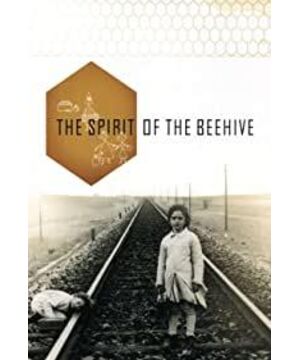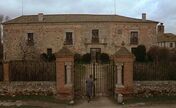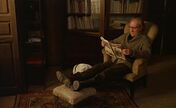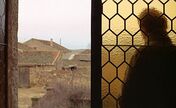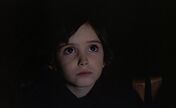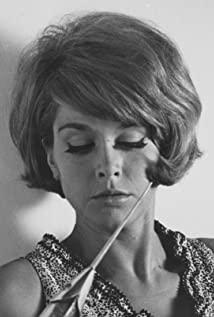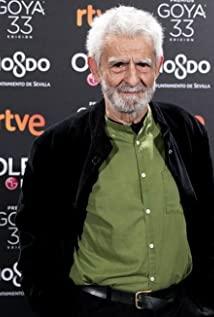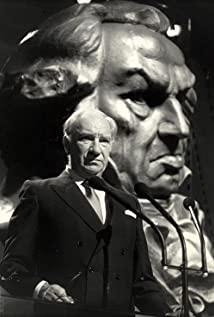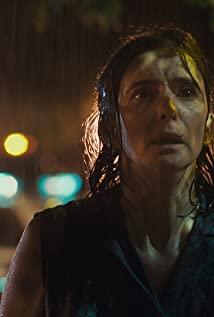In recent decades, "The Hive Ghost" has always enjoyed a high reputation in the Western film critics. As of 2018, the film still occupies a place in the world's best film rankings. Considering the age of its shooting, it is said that it is the best film in Spain. The first internationally successful film is no exaggeration. However, with the passage of time, the narrative methods, atmosphere creation and Zheng Zhi metaphors included in the film have undergone a round of changes.
The creation of any art is deeply rooted in the background of the times. The film was shot in 1973, at the end of the Franco era. The oppression and massacre of the leftists during the civil war have long become a distant memory. The censorship of art It has long been relaxed, but public criticism is still a kind of imprisonment. The various symbolic plots in this film, the metaphors that seem to have deep meaning, the scenes with pauses and interlaced light and dark, and the long blank space, of course, cannot completely exclude its main artistic aspect. On the one hand, but to a large extent, it is also to avoid this kind of censorship, deliberately using the atmosphere of depression and silence to make the audience fall into contemplation. This effect was confirmed after the film was played. It was also rendered by the atmosphere and felt unforgivable (of course, Ira's understanding was in the opposite direction).
However, the reason why this film was able to cause a sensation at that time was not that the art and shooting techniques were refreshing, but that it was more in line with the background of the times at home and abroad at that time. In the environment of the 1960s when rituals were broken, Spanish society underwent a round of profound internal changes. Franco once thought that economic liberalization was not incompatible with conservative traditional values (as Pinochet et al. ), however, the population movement brought about by industrialization and urbanization, as well as the internal European unity (European Community) and the formation of the church’s progressive environment after the Second Vatican Conference are profoundly affecting Spain itself from two aspects. The new generation of Bourgeois who grew up in the environment, with dissatisfaction with the status quo, tried to break away from the interpretation of history by the authorities through various artistic means. Born in the Basque Country, the director Erice from a "family of the defeated" was born in 1940. The typical bourgeois background and the "repressed" memory of his own post-war make him feel comfortable in dealing with this kind of historical transcoding.
The film chose a remote village in the countryside of Segovia for shooting. The endless desolate fields highlight the loneliness and isolation of the village. The choice of this place may be chosen to highlight Spanish society (of course, mainly the core area of sublevado during the civil war in Castilla). Isolation from the world, the "closed country" situation, the large number of Frankensteins in the film, the deliberately arranged strange emotional relationship between the family, and the unspeakable interaction between the two sisters, all reveal a sense of tearing. At first glance, the sense of fissure can make people feel extremely real, but just as the "scar literature" and "reflection literature" in Germany after World War II only began to emerge in the 1970s when the Federal Republic of Germany was rich and a new generation grew up, it is very important to Spain. The stereotype of the "grey memory" of the civil war, and the complaints and dissatisfaction with Franco are also the products of the recent trend of thought of the "rebel generation" in the 1960s. In 1940, when the film took place, it is difficult to say that this sense of depression will be the same as the real Spanish society at that time. How many markets there are, but it is in line with the consistent hostility of the European and American white and left academic circles to the Spanish Franco authorities and the assumption that the Spaniards are "distressed", and also in line with the Spanish liberal youth who think their own country is "dead". reinterpretation.
With the passage of time, when the audience nearly half a century later is watching this film, it is difficult to be moved by the meaning of Zheng Zhi represented by these historical appeals and metaphors. This kind of mysterious, depressing, and psychologically described artistic conception is created. These elements will not change too much with the ebb and flow of times and ideologies, and also ensure that the depreciation rate of the film will not be too high. It can be appreciated by people with different cultural backgrounds and three views.
View more about The Spirit of the Beehive reviews


